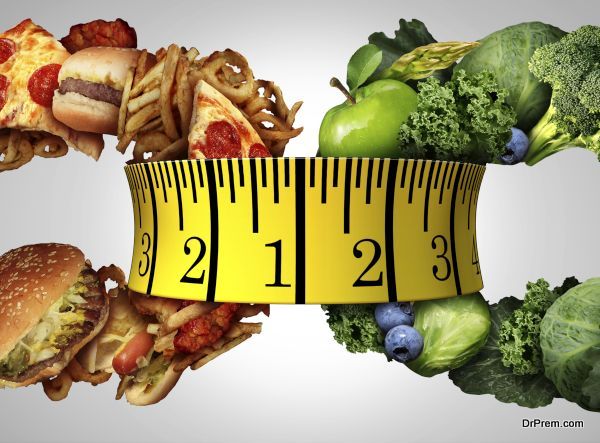Obesity is a problem that affects millions of people worldwide. Unsurprisingly, many individuals who start dieting and exercising do so at least in part because they want to lose weight. Yet, the reality is that relatively few people reach and then maintain their weight-loss goals. This is because weight loss is a particularly difficult metric to predict, control, and influence through your own actions. Here, we’ll explain why it’s not a good idea to make weight-loss the center of any fitness regimen, and how you should monitor your progress instead:
Effort vs Results
Let’s say you set yourself a goal of losing five pounds every month. In the first month, you stick to your diet, exercise regularly, and manage to lose eight pounds. Fantastic! The next month you follow the same routine, work just as hard, but only lose 3.5 pounds. What happened? Did you somehow fail? Of course not. Rather, the nature of weight loss is a fickle thing. No two people’s bodies react in the same way to lifestyle changes. So while one person might be able to shed dozens of pounds in a few months, another may struggle to make any meaningful weight-loss progress over the same time period. That’s because how hard you work and how well you diet doesn’t exactly correlate with weight loss.
What Affects Weight Loss and Gain?
Harsh though it may sound, you can only control so much about your own weight. Yes, dieting and exercising effectively can help you lose some extra pounds. But many other factors influence your own weight, such as your genetic makeup, your lifestyle habits, your job, your age, your gender, your stress levels, your sleep patterns, and a myriad of other variables.
Speak with a Professional

Better Weight Loss Goals
Instead of focusing on weight loss, it’s generally a better idea to prioritize things you can control when you begin a diet and exercise regimen. For example, judge your own success based on the number of workouts you complete, the number of healthy meals you have in a week, and the amount of time you dedicate to your own wellness. These are all more sustainable and positive ways to keep track of your progress!
Article Submitted By Community Writer





